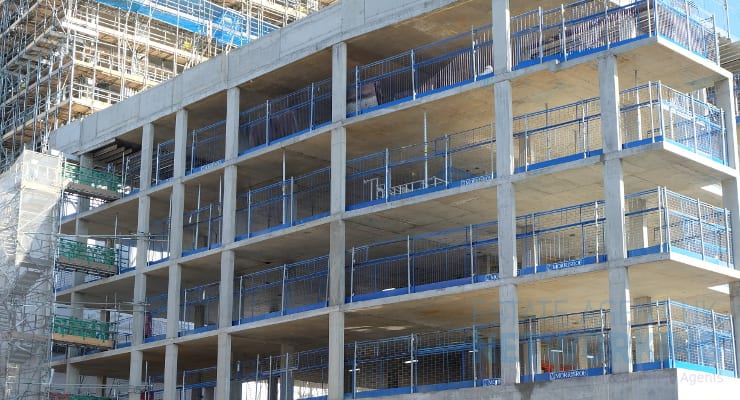Construction Procurement Process
The construction sector is not lacking in challenges when it comes to proper planning. It means that most contractors risk losing some funds or do not meet time terms. For this purpose (for the improved performance and risk-free undertaking of building tasks) construction procurement process is initiated. It is a must-have practice for most present-day contractors.
The construction procurement process (the acquisition of goods and services) should be properly organized. This will directly affect the success of the project as a whole. The company should procure efficiently (subcontractor estimating software is a perfect idea to realize the level of efficiency), considering factors such as money, time, and quality.
Forms of Construction Purchases
A quality procurement plan for construction is the direct phase of managing a construction project. The benefits of purchasing for a big project are obvious. Construction Procurement is project management for proprietors to create the designs of their dreams.
There are three forms of procurement in the context of the construction sector:
• traditional agreement (the vendor is liable for the execution of the project);
• design and build agreement (the client is liable for the execution of the project);
• management agreement (the main vendor checks vendors to execute the procurement work).
It is worth noting that no form of the construction procurement process should be neglected by contractors. Each type drives building companies to solve common problems and sharp challenges in today’s market.
For example, traditional agreements are about a more general legal background. At the same time, design and construction contracts and other official papers cover specific and niche aspects.
The management agreement in the context of the procurement process is a must for contractors when it comes to monitoring, planning, and managing all the stages (starting with the initial phase of building, on-site arrangements, and finishing with the object delivery).
Procurement Liabilities
It is worth mentioning that the construction procurement process is not lacking in different aspects. Among the most hot-topic liabilities to take into consideration are:
1. The Purchasing Manager is a logistics specialist who oversees all procurement of required supplies for a company’s projects.
2. This employee makes sure that money and time limits are met. This way, any form of delays and failure of specified deadlines is avoided by contractors and subcontractors as well.
3. A worker should have analytical reasoning, negotiating competencies, business communication competencies, and a good mathematical background. When this blend takes place, successful planning is achieved.
4. The purchasing manager also controls the procurement and construction timetables to prevent any delays. The management team is responsible for the schedules required for this or other building projects and on-site arrangements.
5. Evaluating liability also takes place when it comes to the construction procurement process. The competent manager is also liable for the revision, evaluation, and comprehensive execution of the project.
6. The success of any project is greatly influenced by the project manager’s practical knowledge of the industry, niche requirements, and project specificity.
Delivery dates for materials and contract work are key dates in the project timetable and directly depend on the purchasing cycle. Due to incorrect procurement, there will be delays in the execution project. Fatal risks are one of the most widespread causes of project failure. Proper purchasing ensures the delivery of goods and services in a timely manner.
Purchasing strengthens the interaction between project participants and outer providers. Good interaction brings more unusual ideas to the building process. Proper purchases can run into unnecessary costs. When working with large projects, it is important that the company has a specialist who knows the current prices.
To sum up, the construction procurement process covers many phases, stages, and tasks at once. The main purpose of a reliable contractor who is interested in long-term success in the market is to pay enough attention to estimating properties, bidding invites, and management of the dedicated team’s performance.









